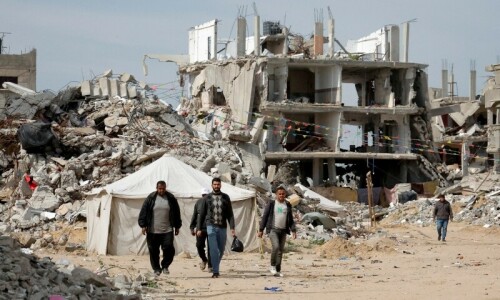Israel’s policy of withholding the bodies of deceased Palestinians has been a longstanding and contentious issue. This practice, often referred to as necroviolence, involves retaining the remains of Palestinians killed during conflicts or alleged attacks, thereby preventing their families from conducting proper burials and mourning rituals.
In addition to withholding bodies, there have been reports of Israeli forces desecrating Palestinian cemeteries. During the Gaza war, at least 16 cemeteries in the Gaza Strip were damaged or destroyed by Israeli forces, according to evidence gathered by CNN, the New York Times, and the Euro-Med Human Rights Monitor. These actions have been criticized as violations of international humanitarian law and have further strained relations between the two communities.
The international community has expressed concern over these practices. Organizations such as the United Nations and Amnesty International have called for investigations into the treatment of Palestinian bodies and the alleged desecration of cemeteries. They emphasize the importance of upholding human dignity and adhering to international legal standards in the treatment of the deceased.
It’s important to note that these practices have deep cultural and religious implications, as proper burial rites are significant in Palestinian society. The withholding of bodies and the destruction of cemeteries not only affect the families of the deceased but also have broader implications for peace and reconciliation efforts in the region.








